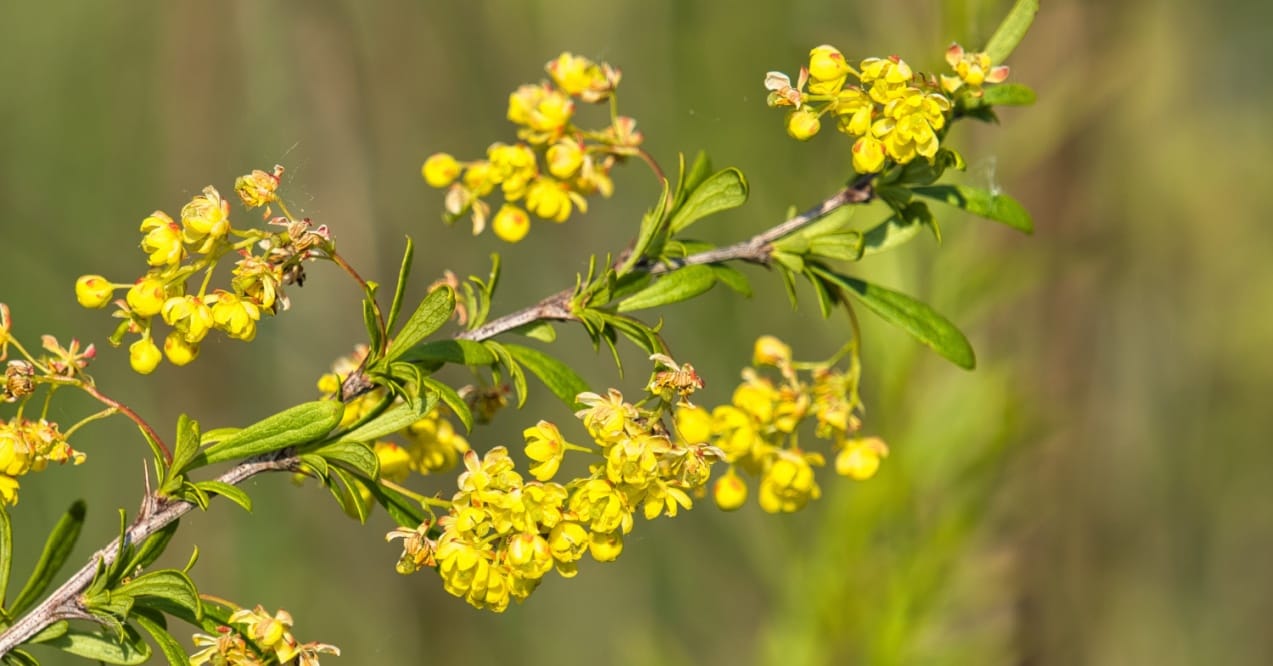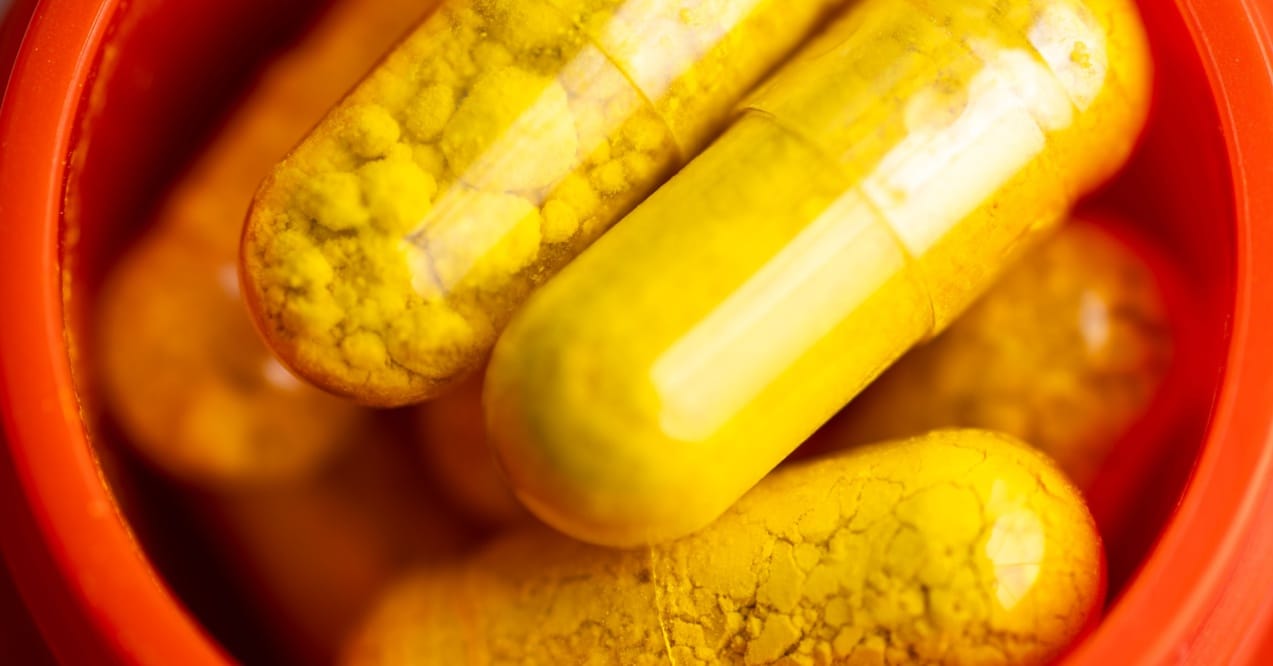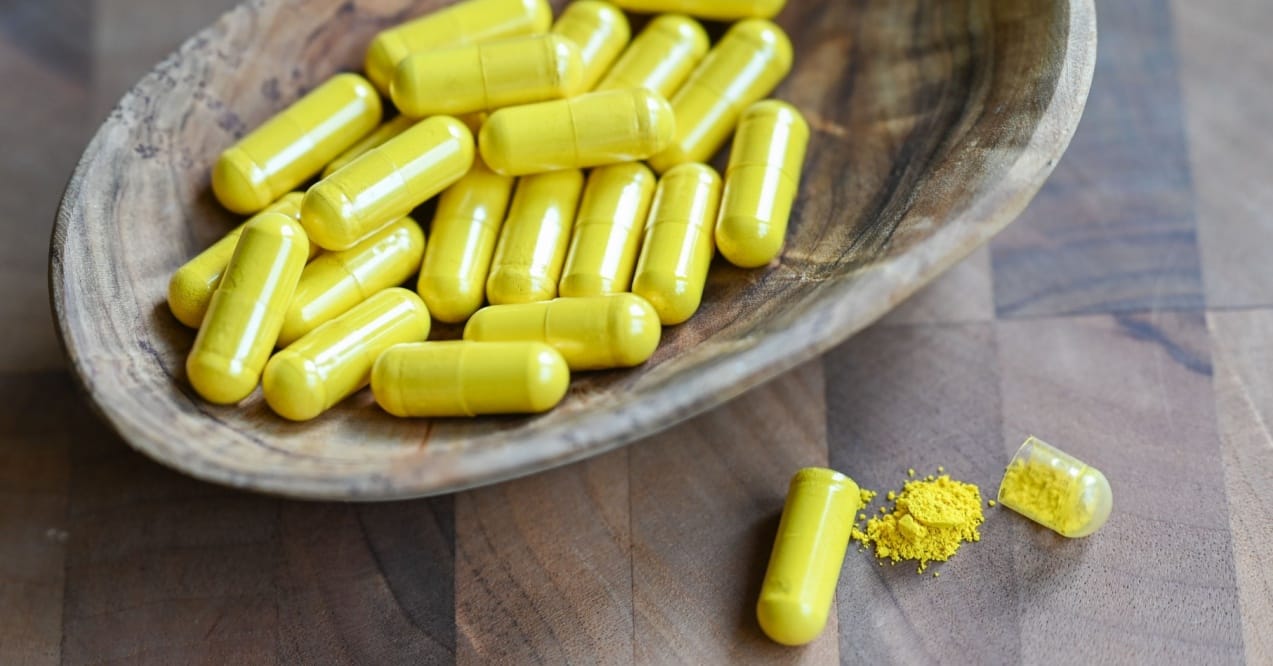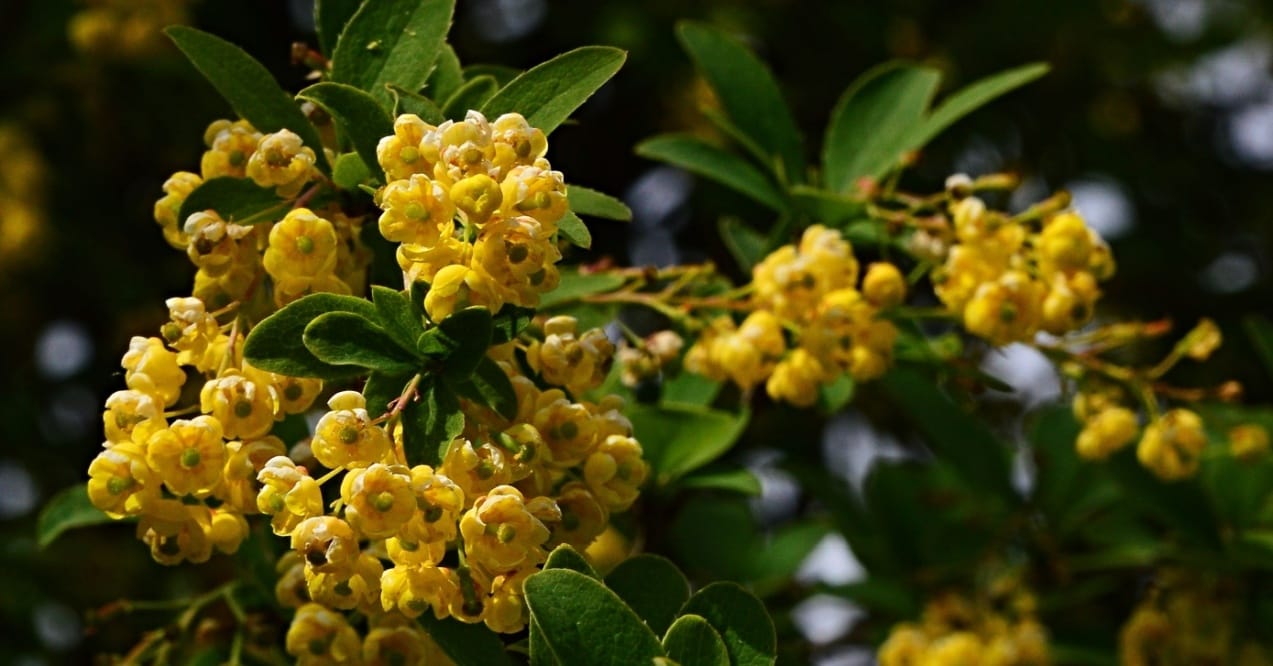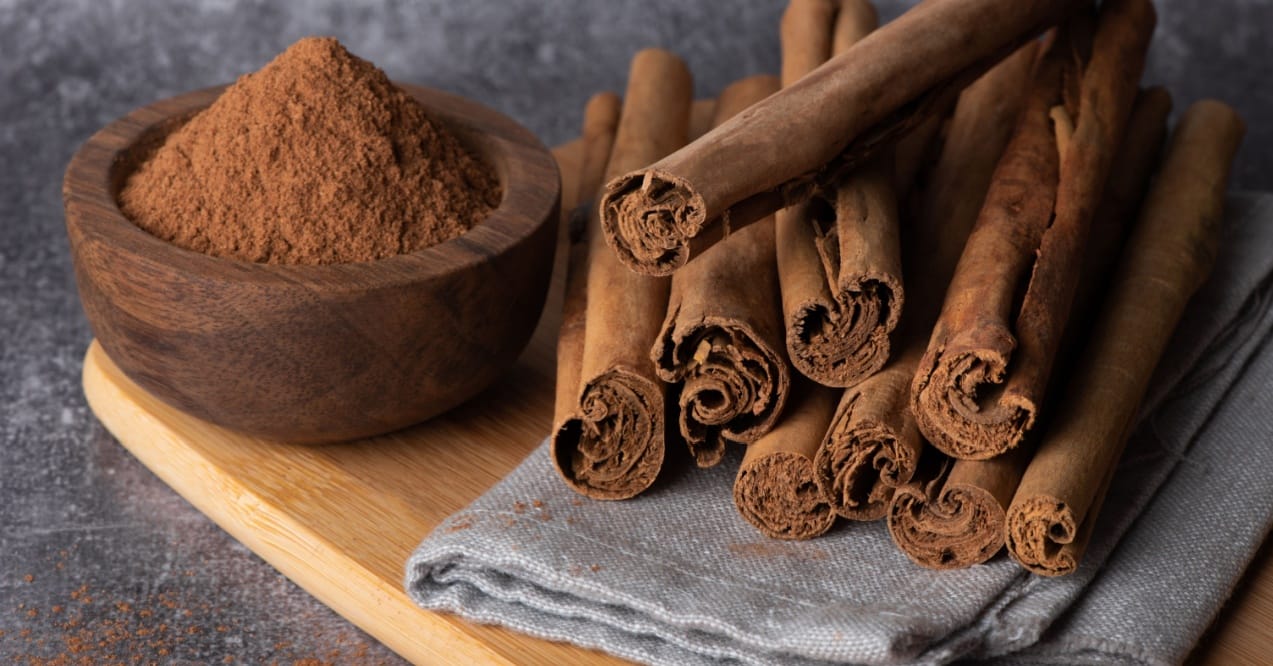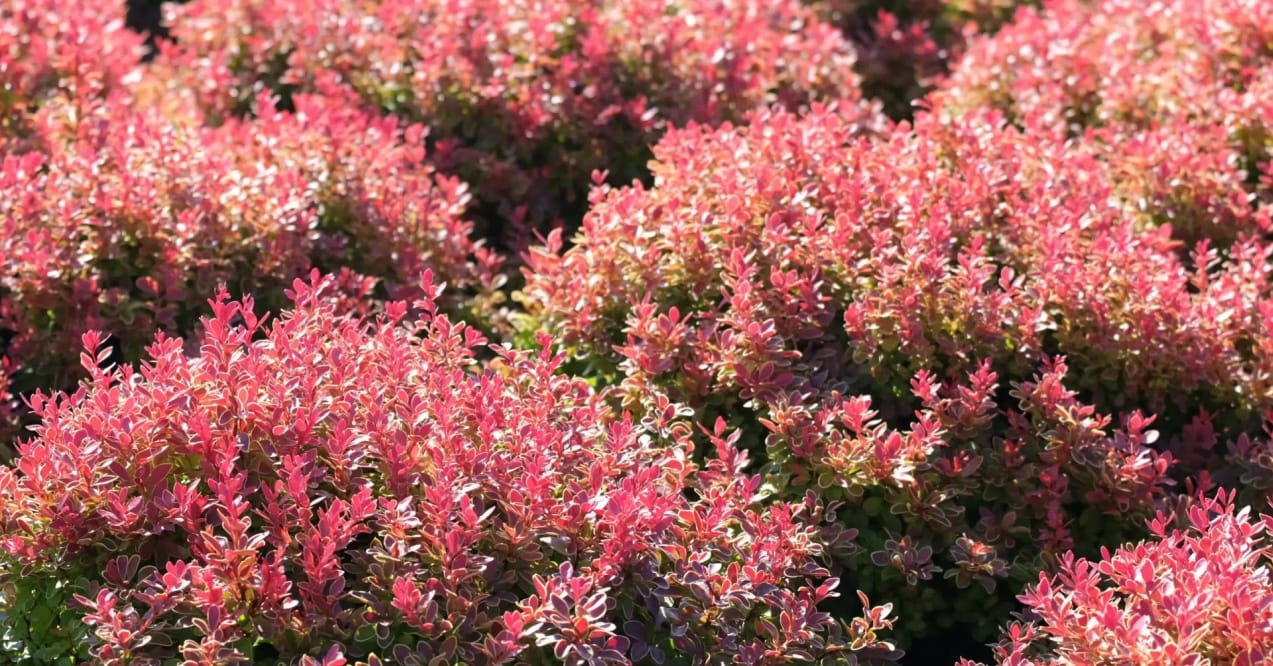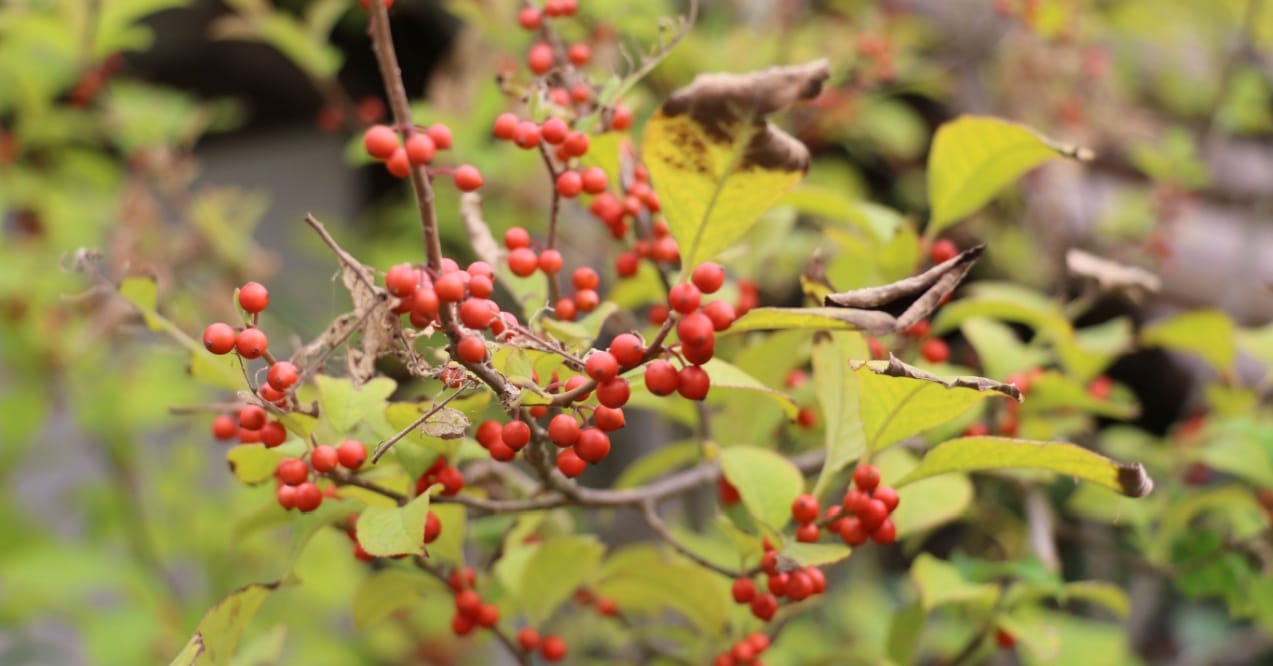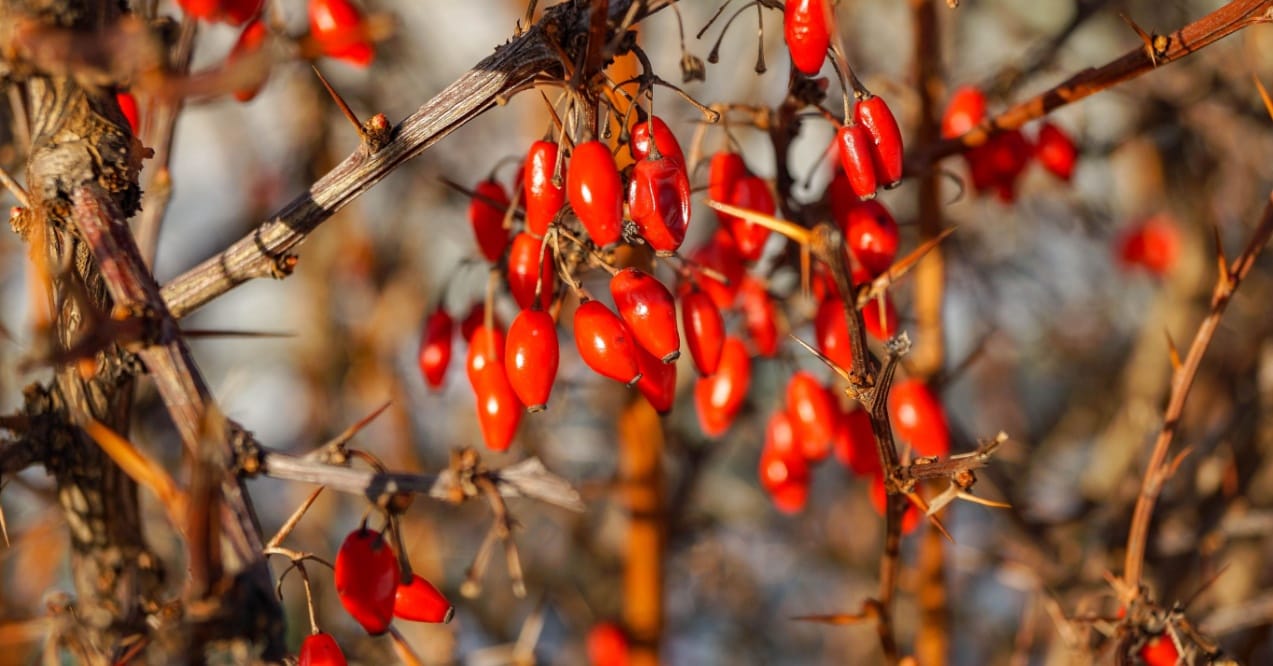What 5 Most Important Foods Contain Berberine?
Medically reviewed by our experts


More people want natural compounds for metabolic health. Berberine has become popular for this purpose. If you’re asking what foods contain berberine, this compound appears in several plants used in herbal medicine. Research shows berberine may help with blood sugar regulation, cholesterol management, and body weight goals.
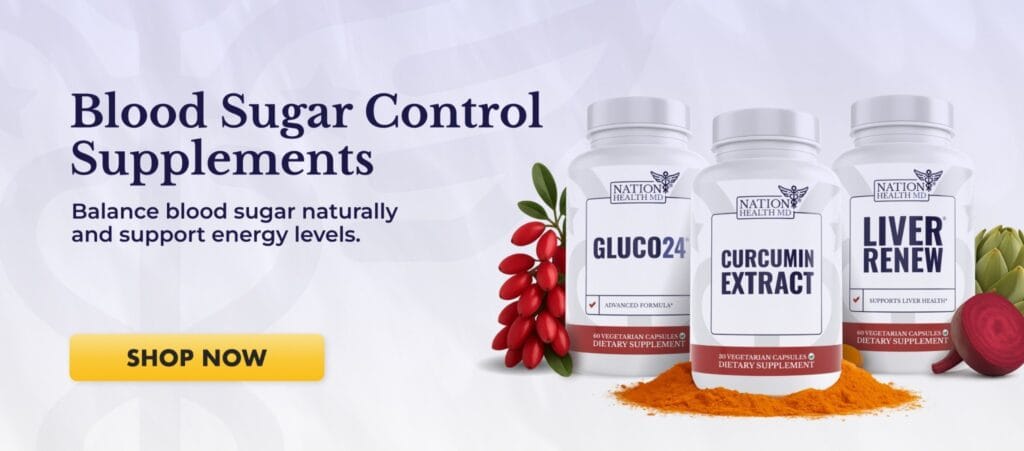
Key Article Findings
- Berberine appears naturally in medicinal herbs like Oregon grape, goldenseal, and barberry
- These plants contain varying berberine levels, with barberry and goldenseal among the strongest
- Getting enough berberine from food alone is difficult due to low amounts in edible forms
- Supplements offer standardized dosing and better absorption than whole plant sources
What Foods Contain Berberine Naturally?
Berberine isn’t found in everyday foods. It concentrates in specific medicinal herbs and plants, mainly from the Berberis family. These sources have been used in Chinese medicine and Ayurvedic practices for centuries.
The plants with berberine are taken as supplements, teas, or herbal preparations. Most contain berberine in their roots, bark, or rhizomes. Here are the five most important sources.
- Oregon Grape
Oregon grape (Mahonia aquifolium) grows wild across western North America. It contains berberine mainly in its roots and bark. Native American communities used this plant for digestive issues and skin conditions.
The berberine content in Oregon grape roots ranges from 1-3% by dry weight. Studies show Oregon grape extract may help with skin health and digestive function. You’ll find it as a tincture, capsule, or topical preparation. The bitter taste makes it unsuitable for cooking.
- Goldenseal
Goldenseal (Hydrastis canadensis) ranks among the strongest berberine sources. Root concentrations reach 4-6%. This herb played a big role in Native American medicine.
Its popularity has led to overharvesting concerns in wild areas. Goldenseal interacts with certain medications, particularly those processed by liver enzymes. The herb’s antimicrobial properties make it useful short-term. Always discuss goldenseal use with a healthcare provider, especially if taking other medications.
- Barberry
Barberry (Berberis vulgaris) produces small, tart red berries. People eat these in some cuisines, particularly Middle Eastern and Persian dishes. The berries contain modest berberine amounts. The roots and bark hold much higher concentrations of 4-5%.
The berries add tangy flavor to rice dishes. You can dry them for later use. Barberry provides vitamin C and antioxidants beyond its berberine content. However, eating barberries as food won’t give you therapeutic berberine doses.
- Berberis Aristata (Tree Turmeric)
Berberis aristata grows throughout the Himalayan region. People call it tree turmeric or Indian barberry. This plant serves as a main source for commercial berberine supplements. The roots contain approximately 2-4% berberine by weight.
Ayurvedic medicine uses Berberis aristata for various conditions. Modern supplements often standardize extracts from this plant. This ensures consistent berberine levels. You won’t find this as a cooking ingredient, but it appears frequently in supplement formulations.
- Other Notable Sources
Several other plants contain berberine in varying amounts. Phellodendron amurense (Amur cork tree) stores berberine in its bark. Concentrations reach around 2-3%. Chinese goldthread (Coptis chinensis) contains berberine in its rhizomes and roots, reaching levels of 4-8% in some varieties.
These sources remain less accessible than the four main ones. They appear mainly in traditional medicine preparations or specialized supplements. The berberine levels vary based on growing conditions, plant age, and which part gets harvested.
Can You Get Enough Berberine From Food Alone?
Getting therapeutic berberine amounts from food presents real challenges. Clinical studies typically use 500-1,500 mg of berberine daily. This gets split into two or three doses. To match this through barberry consumption, you’d need enormous quantities of dried berries.
Natural food sources vary widely in berberine concentration. A barberry from one region might contain different berberine levels than one from another area. This inconsistency makes dosing unreliable with whole plant sources.
For those interested in managing their metabolic health, exploring blood sugar control supplements with standardized berberine offers more predictable results. Supplements use extraction methods that improve absorption rates.
Research examining berberine’s effects consistently uses standardized supplements. This approach ensures participants receive consistent, measurable doses. The evidence base for berberine’s potential comes almost entirely from supplement studies, not dietary intake.
Who Should Consider Foods or Supplements With Berberine?
Research shows berberine may help with healthy blood sugar levels. It works by improving insulin sensitivity. Some studies show effects comparable to certain pharmaceutical approaches.
Those with polycystic ovary syndrome (PCOS) represent another group exploring berberine. Research suggests that berberine may help with hormonal balance and metabolic markers. Women with PCOS often deal with insulin resistance. This is an area where berberine shows promise.
People concerned about heart disease risk factors might consider berberine’s potential effects. Studies indicate berberine may help with total cholesterol and lipid profiles. It may reduce certain cardiovascular risk factors. Managing body weight becomes easier when metabolic function improves. Some research shows berberine may assist with weight management in people with metabolic syndrome.
Important considerations: Berberine can interact with several medications. This includes those for blood sugar control and blood pressure. Some people experience digestive discomfort when starting. Pregnant and nursing women should avoid berberine. Anyone with existing health conditions must consult their provider before trying berberine.
How Berberine Works: Mechanisms and Effects
Berberine activates AMPK, an enzyme that regulates cellular energy metabolism. This activation may influence how cells use glucose and store fat. The compound also appears to affect insulin receptors. This potentially improves insulin sensitivity in tissues.
Research shows berberine may influence gut bacteria composition. Changes in gut bacteria could contribute to metabolic improvements seen in studies. The anti-inflammatory properties of berberine might play a role. Chronic inflammation links closely to metabolic dysfunction. To learn more about the full range of potential effects, check out information on berberine benefits backed by current research.
Berberine’s impact on lipid metabolism involves multiple pathways. The compound may reduce cholesterol production in the liver. It also increases LDL receptor expression. Studies examining these mechanisms show promising results. Researchers continue investigating the precise pathways involved.
The compound’s effects on body weight appear connected to improved metabolic function. Studies show that berberine may help reduce body weight modestly. This works best when combined with lifestyle modifications. The anti-inflammatory effects extend throughout the body. This potentially helps metabolic health in people with elevated inflammatory markers.
Conclusion
Berberine occurs naturally in plants like Oregon grape, goldenseal, and barberry. These aren’t everyday foods. The concentrations needed for potential health benefits rarely come from dietary sources alone. Supplements provide more reliable, standardized options for those exploring this compound.
Goldenseal and barberry roots contain the highest berberine concentrations. They reach 4-6% by dry weight. Oregon grape and Berberis aristata also rank high. These medicinal herbs provide significantly more berberine than any common dietary foods.
Safety depends on the specific herb, dosage, and individual health status. Some berberine sources interact with medications or cause digestive issues. Short-term use appears generally safe for most people. Long-term consumption requires medical supervision.
Research shows that berberine may help with metabolic improvements in women with PCOS. This includes better hormonal balance. Studies show modest weight reduction effects when combined with lifestyle changes. This particularly applies to people with metabolic syndrome or insulin resistance.
Supplements offer higher concentration and more predictable absorption. They work better than whole plant sources. Clinical research uses standardized supplements rather than foods. This makes supplements the more evidence-based choice for therapeutic purposes.
Yin, J., Et Al. (2008). Efficacy of berberine in patients with type 2 diabetes mellitus. Metabolism, 57(5), 712–717.
Ts, G., Et Al. (2020). BERBERINE AND ITS PHARMACOLOGY POTENTIAL: a REVIEW. ResearchGate.
Fan, Y., Et Al. (2024). Effect of Oregon grape root extracts on P-glycoprotein mediated transport in in vitro cell lines. Journal of Pharmacy & Pharmaceutical Sciences, 26.
Rd, A. P. M. (2020). Goldenseal: benefits, dosage, side effects, and more. Healthline.
Ld, L. S. M. R. (2020). 9 Impressive health benefits of barberries. Healthline.
TREE TURMERIC: Overview, uses, side effects, precautions, interactions, dosing and reviews. (n.d.).
Rd, R. R. M. (2021). Can berberine supplements help manage diabetes? Healthline.
Ye, Y., LEt Al. (2021). Efficacy and Safety of Berberine alone for several metabolic disorders: A Systematic Review and Meta-Analysis of Randomized Clinical Trials. Frontiers in Pharmacology, 12.
Popular Articles
Advertisement. This site offers health, wellness, fitness and nutritional information and is designed for educational purposes only. You should not rely on this information as a substitute for, nor does it replace, professional medical advice, diagnosis, or treatment. If you have any concerns or questions about your health, you should always consult with a physician or other health-care professional. Do not disregard, avoid or delay obtaining medical or health related advice from your health-care professional because of something you may have read on this site. The use of any information provided on this site is solely at your own risk.




